ELISHEBA BLOGLaura, Ivonne, and Rick
write about their lives in the Eucharist. |
|
What is the value of a human person? I recently watched a movie about the troubles created by the attack on the Twin Towers in New York City on September 11, 2001. The protagonist was tasked with determining the monetary value of a human life. The story goes that this monetary number would be used to compensate the families of those killed during the attack. His task was monumental, for how would you measure the total contribution of an individual to society? What about the person’s intrinsic value? What about the importance of that person to his family and friends? How do you even start to account for all that in dollars? The protagonist struggled with many formulas and determined a number to eventually understand that the value of a life cannot be measured that way. I do not think any man can really determine the value of another, but the sad reality is that most of us do this all the time. Created we are. We are sent into the world with intent, each of us unique. Our value is inherently infinite and only fully graspable by the One who is also infinite. Like a great work of art, our value comes from the execution of the Creator’s vision and by the imprint of His very hand, and we humans are the masterpieces of God’s creation, made in His image.
When I think about how little we value our fellow human beings, I become sad, for I see myself among the many who forget our true value. I imagine going through my individual judgment and telling Jesus how little I valued my fellow man. I can imagine the deep sadness in His eyes. We may have spent our whole lives searching for wealth and wellness, wisdom and enlightenment, and in the pursuit of happiness while walking by our brothers in need and ignoring their needs because we are blinded by our own goals and needs. This apathy we live with today is our judgment rendered on what we deem important, and it is keeping us from our mission, which is to love and cherish each other and to glorify God with all that we are, all that we have, and with all our strength. Our love and appreciation for our brothers, our acknowledgment of their very lives, and our active participation in society can be the means for sharing God’s light into the world. Why would we choose instead to separate, ignore, segregate, and isolate? A good friend of mine told me about the Desert Fathers and how, in his opinion, what made them great was that they left the world behind to commune with God and to live a hermit’s life. The Desert Fathers were great Christian personages of the third century, living in the desert, and some were even anchorites, residing in small enclosed rooms. In my friend’s words, I could immediately see the idealization of this concept of separation, of the idea of a solitary hermit’s life, where one would not have to interact with the worldly and could just focus on the spiritual. Yet, my focus was not on the idea that they lived a solitary life but that their lives were like that to share with us differently. If their lives were lived entirely isolated and separated from the world, how is it that we got to know them? The Desert Fathers shared their wisdom with others, which helped us know about them. There were many who observed, interacted, and shared life with them. I am sure that many even broke bread with them. The Desert Fathers definitively celebrated Mass publicly and spoke in gatherings. We can read and learn much from their extant writings. As anchorites, they gave advice and encouragement to pilgrims and other visitors. They shared their spiritual and physical gains with those in need, which honored the dignity of the many peoples they met. Can you imagine Saint Anthony of the Desert running away from another person to defend his solitude? No. I am confident he would not have done this but instead acknowledged and honored the person while offering a few words of encouragement. I always wonder why do we idealize this separation? We must indeed search for the quietness necessary to commune with Christ intimately, but we must learn to see Christ in our brothers. We do need to find that inner room, but as we read in Luke 16:19-31, we must also not ignore Lazarus, lest we also end on the wrong side of the chasm, separating us from Christ. It is our faith and belief that Jesus came for us, but do we also believe that He would have come too if it was only for one of us? For me? For you?
Jesus left himself behind in the Eucharist, and we all individually get to meet Him at his table at every Mass. Infinite His love is. He is also there with the poor and the needy, the sad and the lonely, the sick and the infirm, the imprisoned and the ignored. We know they are all Jesus’ loved ones, each of infinite value. Let us stop and ask for their names and present our caring hands so that our acknowledgment and love may help alleviate our Lazarus’ pains. Let us pray: Lord, open our eyes so we can see how much need there is in the world. Commit our hearts to alleviate pain wherever we find it. Help us to be of one heart and mind with You, that we may be your hands in this world. Amen.
0 Comments
Your comment will be posted after it is approved.
Leave a Reply. |
Categories
All
FOLLOW US ON SOCIAL MEDIA:
AuthorsWe are Ivonne J. Hernandez, Rick Hernandez and Laura Worhacz, Lay Associates of the Congregation of the Blessed Sacrament, and brothers and sisters in Christ. |
Copyright © 2024 Elisheba House Inc.
Elisheba House is a 501(c)(3) non-profit organization. Federal Tax ID Number 84-1894146
Florida registration for Solicitations of Contributions #CH71652
A COPY OF THE OFFICIAL REGISTRATION AND FINANCIAL INFORMATION MAY BE OBTAINED FROM THE DIVISION OF CONSUMER SERVICES BY CALLING TOLL-FREE (800-435-7352) WITHIN THE STATE. REGISTRATION DOES NOT IMPLY ENDORSEMENT, APPROVAL, OR RECOMMENDATION BY THE STATE.
Florida registration for Solicitations of Contributions #CH71652
A COPY OF THE OFFICIAL REGISTRATION AND FINANCIAL INFORMATION MAY BE OBTAINED FROM THE DIVISION OF CONSUMER SERVICES BY CALLING TOLL-FREE (800-435-7352) WITHIN THE STATE. REGISTRATION DOES NOT IMPLY ENDORSEMENT, APPROVAL, OR RECOMMENDATION BY THE STATE.
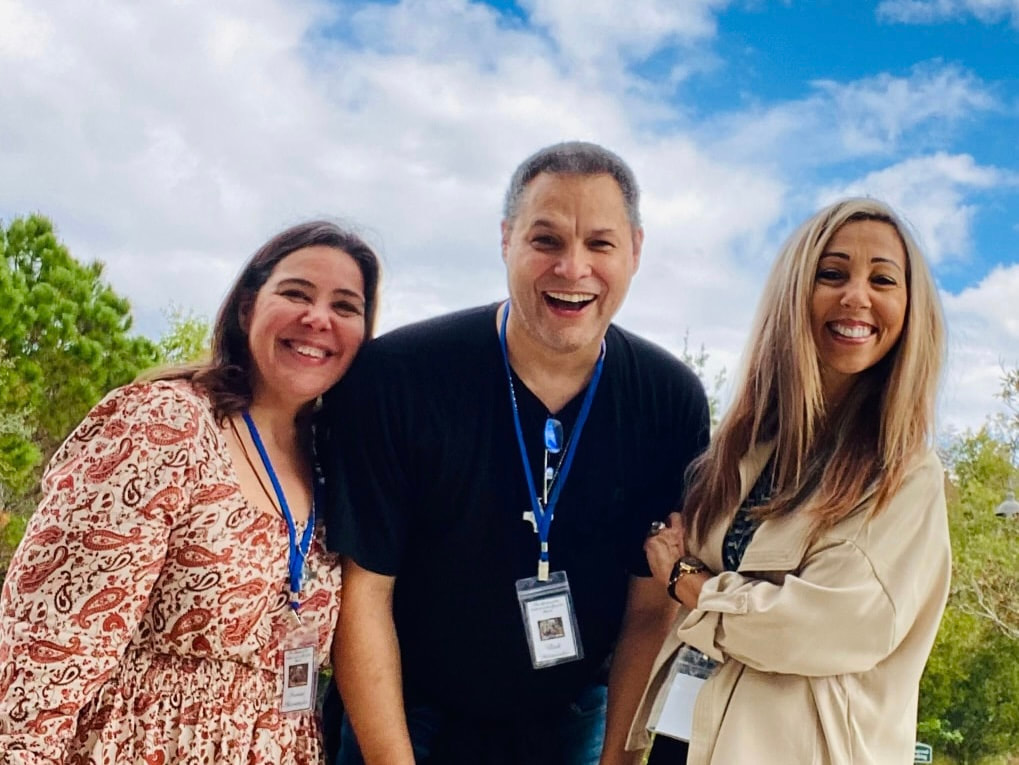
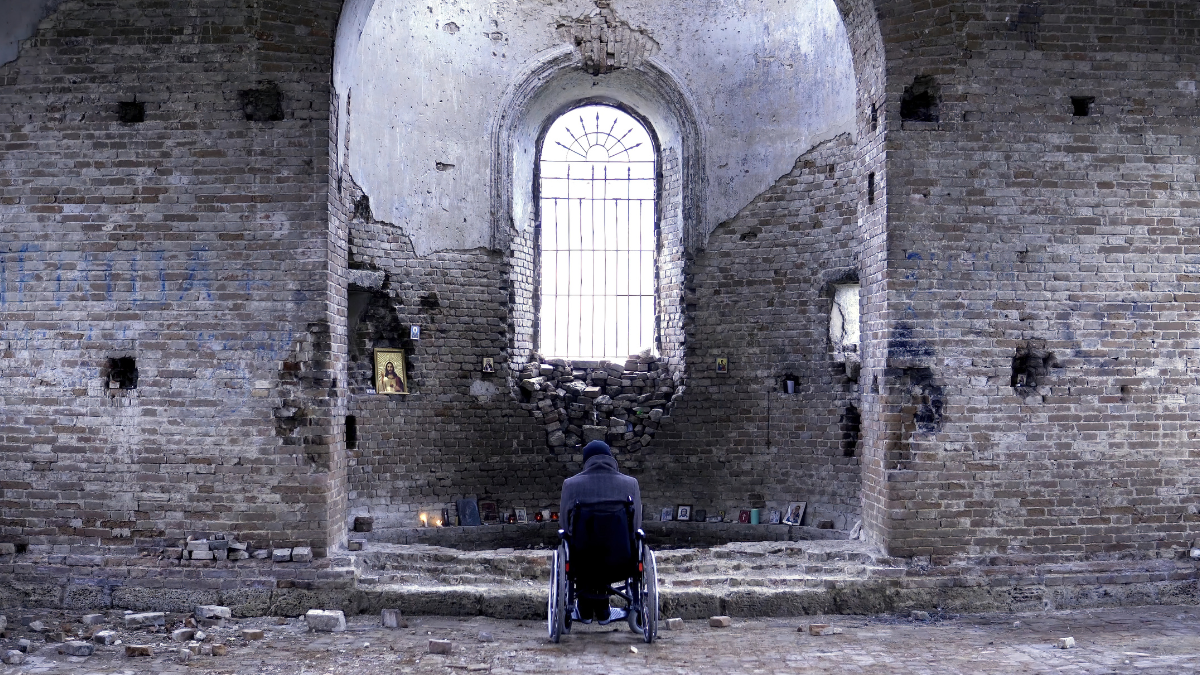
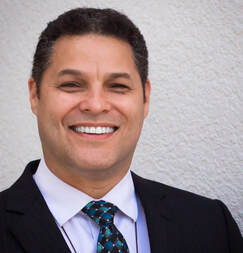
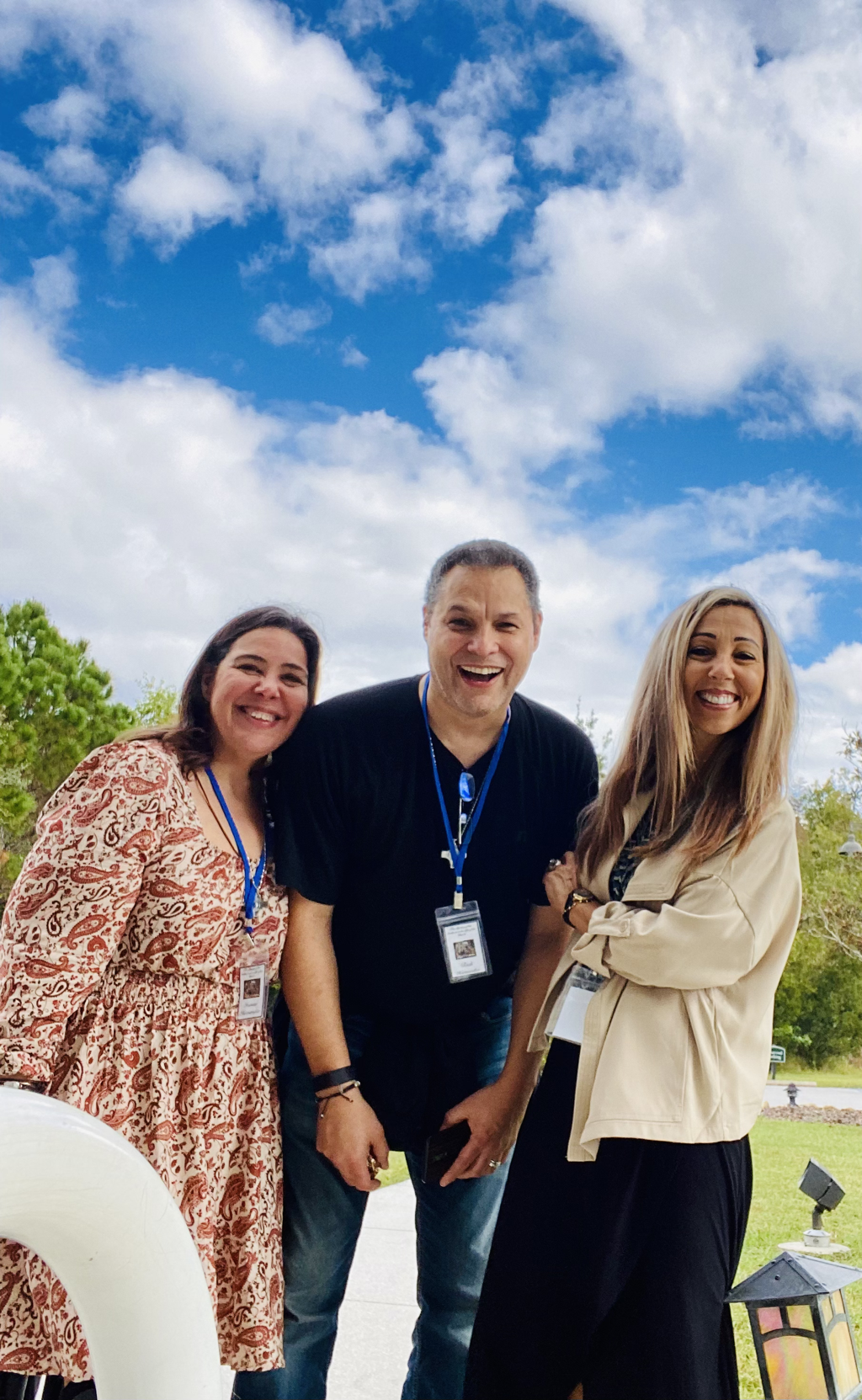
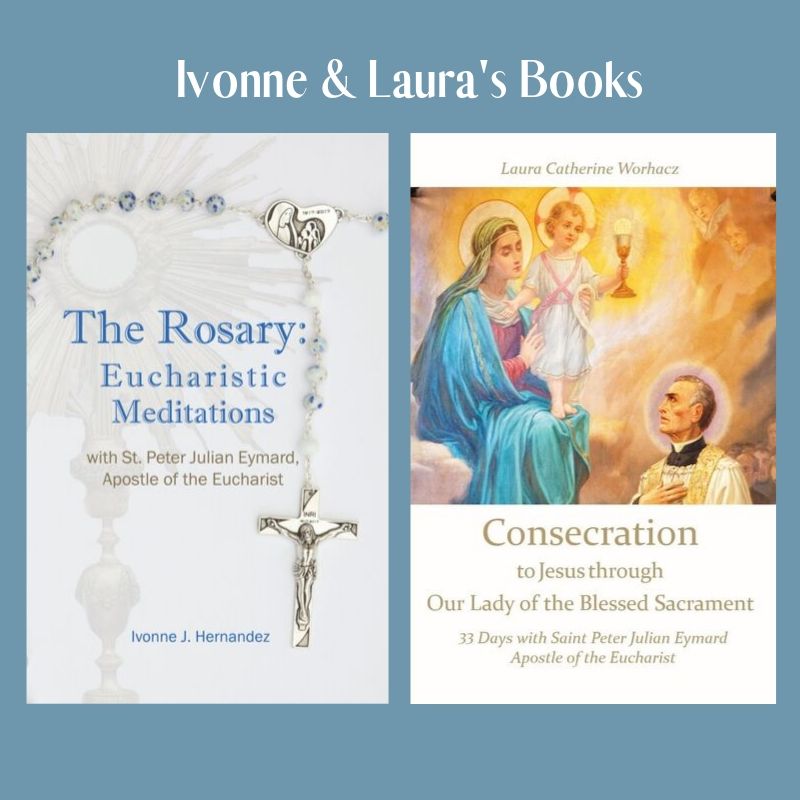
 RSS Feed
RSS Feed